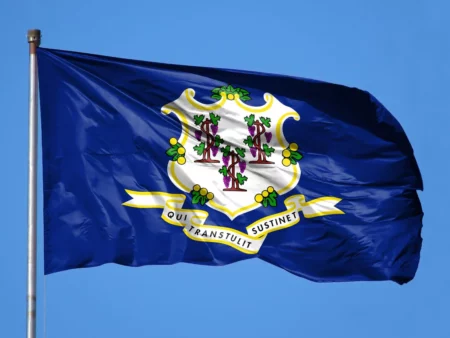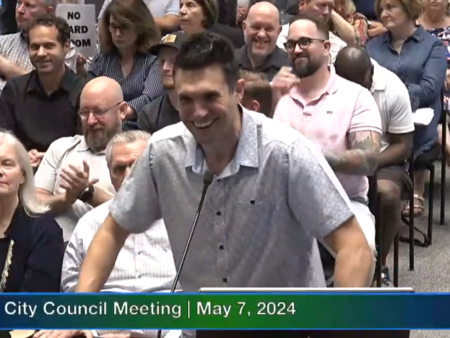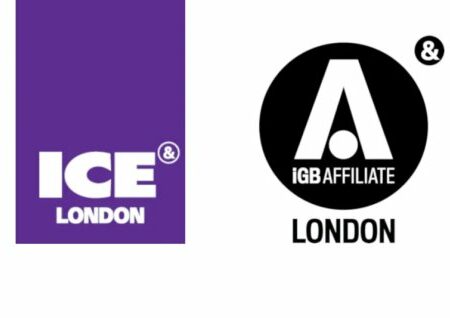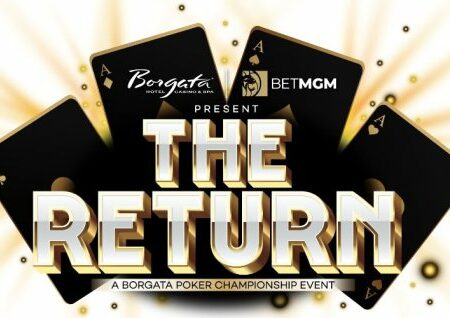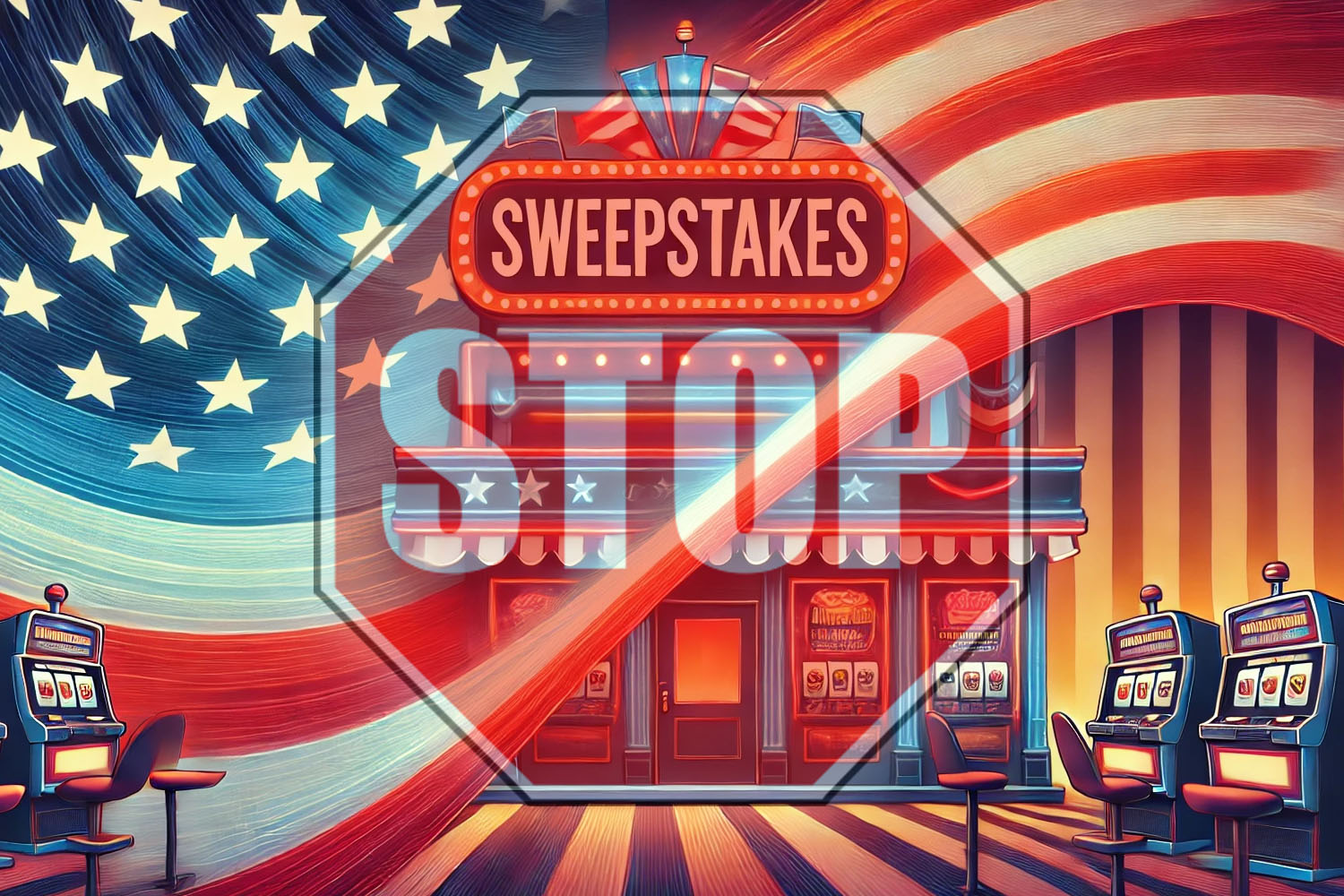
The Sweepstakes model has recently become very popular in grey markets across the US with operators establishing operations in many states that prohibit regular real-money gambling online. The models attempt to skirt the regulations by making the games “fun” with tokens in play rather than real money.
That model is coming under threat. As recently covered by poker.pro, efforts to ban sweepstakes are already underway in Massachusetts, and now the model is under threat elsewhere in the US as well. As many as seven other states are making legislative moves to ban or restrict the model from activity in their jurisdictions.
Among the jurisdictions looking to crack down on sweepstakes games is the mecca of gambling in the US, Nevada. Along with NV, the following states are also looking to regulate the model:
- New York
- New Jersey
- Florida
- Connecticut
- Maryland
- Mississippi
The Sweeps Model
Since 2012’s Black Friday shut down legal online gaming in the US, the gaming landscape has been somewhat chaotic. State regulation meant 50 different markets with 50 different sets of rules and regulations, and while a few states have since legalized full online gambling (New Jersey, Pennsylvania, and Michigan are among the states where Americans can play real-money poker and casino games online).
One model that emerged to skirt the local regulations was the sweepstakes model. Rather than competing directly for cash, as players in a regular casino do, sweeps casinos offer tokens (often called Gold Coins) to play games for fun and players get a certain quota of coins to use daily for free.
With regular tokens, players can’t win any money or prizes from the games, but sweeps models also include premium coins, often called Sweeps Coins, that players can exchange for prizes. Players can’t buy premium coins, but they will be available to win through game bonuses, mail-in requests, or giveaways.
Players can also buy packages of gold coins for more daily play if they wish and these coin packages usually include some free premium coins as part of the purchase. The model allows operators to skirt state regulations on real-money gambling by offering their gambling for fun with no direct connection between the casino games and cash or prizes.
Complaints Against the Model
Applying the Sweepstakes model to casino games was always a bit of a stretch. The Sweeps exemptions present across the US gaming regulations were put in place to exempt online commercial sweepstakes (like McDonald’s Monopoly promotions), which had unintentionally been affected by Black Friday legislation.
Gaming operators saw an opportunity to offer online casino games through the model while staying within state regulations. In recent years, the model has exploded to include numerous operators, including poker operators like Global Poker.
The main criticism of the model as it relates to online casinos is that state regulators see it as an end-run around regulations designed to provide some protection to residents from the dangers of gambling while still allowing them freedom of choice. Legal operations are almost always required to have strong player protections as part of their licenses, and one of the main criticisms of the sweeps model is that those concerns are often ignored.
In Connecticut, for example, High 5 Games has been accused of providing services to more than 100 players on the state’s exclusion list. When High 5 received the notice of suspension, the operator ceased operations in the state and issued a statement reiterating its commitment to responsible gaming.
That is echoed in other jurisdictions as well, which generally use language like “conflate safe and legal social sweepstakes games with ‘Internet gambling’ and ‘Internet sports wagering” to explain their legal actions. On the other side of the argument, the industry lobbying group The Social & Promotional Gaming Association (SPGA) sees most of the legislative efforts as “dangerous overreach.”
Details about each individual action can be found in the excellent breakdown by Pat Evans on Legal Sports Report.
